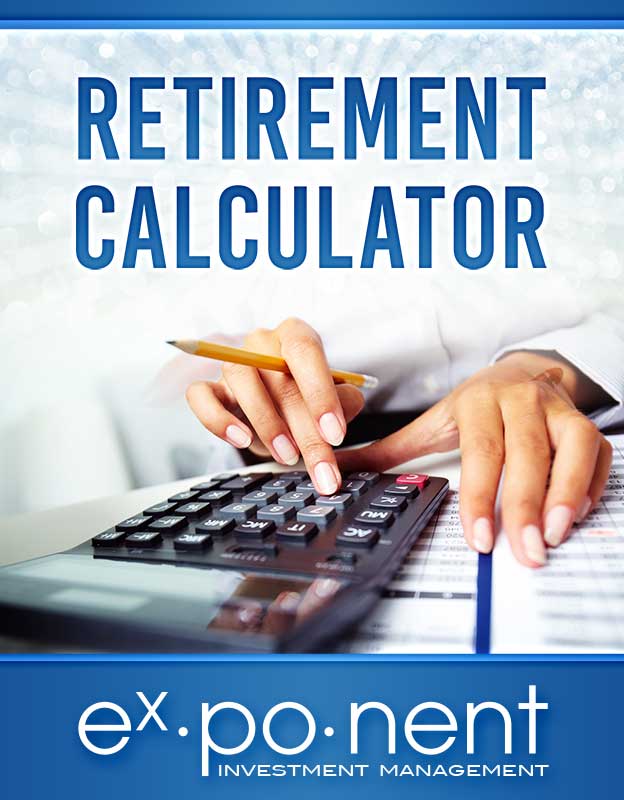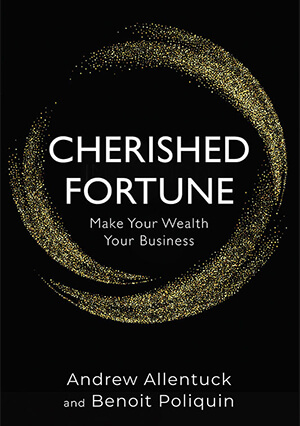The value of a portfolio manager during a bear market (or any other kind of market, for that matter)
For many younger retail investors, 2022 saw the first protracted downturn of their adult lives.
It wasn’t the first market downturn in history, and certainly won’t be the last. But the market’s sudden and swift collapse came as a shock to many independent retail investors of all ages, who had grown used to frothy pandemic-era returns driven, in part, by technology stocks and Reddit-hyped short squeezes.
But while every investor must endure market turmoil at times, the most recent downturn wasn’t a surprise to investors who study the market’s history. According to JPM research:
- Roughly 40 percent of all stocks have suffered permanent declines of ~70 percent – you read that right – from their peak value. The worst sectors for these steep declines are technology, telecom, biotech, energy, consumer discretionary, and metals/mining.
- The return on the median stock (a term describing the middle point for current share prices) since its inception, compared to broad market investment in the Russell 3000 Index, was negative 54 percent. Two-thirds of all stocks underperformed against the index.
Sobering numbers, to be sure, especially for investors who don’t value diversification.
Fittingly, the research also claims that 75 percent of all concentrated stockholders would benefit from some diversification – which is the same message any good portfolio manager would tell you.
The emotional journey of investing: Fear and greed
Do-it-yourself investing can be a lot of fun, especially during the good times.
There certainly are enough great mobile apps and insightful investment advisers on YouTube to make any DIY investor feel like they’ve mastered the art.
But what most YouTubers won’t tell you is that investing can be an extremely fraught and emotional business, especially when doing it yourself. That goes double for when you don’t have an investment plan.
That’s because, ultimately, investing is a journey between fear and greed – and just like anything else, the closer you are, the more emotionally involved you become. Fear of missing out (FOMO) is real, especially when markets are riding high and investors see their friends making sizable returns on potentially risky investments.
This sort of emotional attachment, however, can sometimes lead to disaster when tough (and unemotional) decisions are required.
That’s why any good portfolio manager’s job is to temper any investor emotions (both fear and greed) when appropriate while building an investment plan based on a defined yet diversified investment philosophy.
Managing multiple investments can also be a significant time suck – especially if you’re a busy professional – which is a big reason why many DIY investors don’t have diversified portfolios. It often just takes too much time to manage multiple securities.
The four main risks of DIY investing (Or, the importance of an investment plan)
One of my old bosses once told me, “You can’t run money like a blind dog in a meat house.”
It’s admittedly a pretty rough saying (this guy was old school). But there’s a lot of truth to it.
He meant that having an investment plan is crucial over the long term.
But most retail investors, not necessarily through any fault of their own, tend not to go in with any plan at all. They simply start investing, often piling money into just a couple of stocks.
Without a plan, however, most investors undermine themselves through a fundamental lack of discipline. They’re prone to running around and chasing shiny objects – something we all do in many areas of life when failing to plan accordingly.
A solid investment plan removes this and other significant risks that come with DIY investing:
- Contingency. A solid plan means that when something goes wrong (an inevitability for most equities at some point), you’ve got a set of ground rules you can fall back on without panicking or getting emotional.
- Repeatability. Your investment strategy should be repeatable and sustainable: That means developing a repeatable process that makes your successes become common, and your failures become outliers.
- Philosophy. An investment plan should be underpinned by a philosophical framework. Are you a growth investor? A value investor? A technology investor? Most retail investors don’t know because they don’t do this.
- Inheritability. Many DIY investors, even successful ones, often don’t consider the estate side of things – and their spouses are often disinterested (until they’re not). That means there’s no backup plan should the investor lose their capacity to manage their investments.
The lack of planning can also lead to family strife should an investment permanently go off the rails, because there’s only one person to blame in those cases. We’ve seen families blow up over these unfortunate situations.
What makes up a good investment plan?
It’s an old military adage that no plan survives first contact with the enemy. For a more contemporary reference, Mike Tyson once said, “Everyone has a plan until they get punched in the mouth.”
But there’s another saying, courtesy the immortal Benjamin Franklin, that’s just as powerful: “By failing to plan, you are preparing to fail.”
We agree with this advice. A solid financial and investment plan provides a foundation for success by allowing investors to realistically assess their direction, goals, and what they’re trying to achieve. It provides that all-important North Star – a critical thing when you may feel somewhat lost among the maelstrom of market news.
It also solidifies your identity as an investor. Are you an investor who prefers high-risk, high-reward equities? Or do you prefer an admittedly less exciting (at times) but more reliable and steady approach? These are some questions you must answer when drafting your plan with your portfolio manager.
But maybe the most important element of any plan – and portfolio manager – is that it gives you a solid footing to fall back on should things go off the rails.
With a solid plan, you can more easily analyze what went wrong from a structural perspective: What is the actual problem, and how did it happen? Did you get too emotional or emotionally attached? Was it a timing issue?
And make no mistake, issues will inevitably crop up. Every investor, even portfolio managers, has investments that don’t work out. It’s part and parcel of investing. But taking a cold, hard, objective look at how you made your mistake helps you not to repeat those mistakes.
You can’t avoid all the torpedoes out there, after all. But the torpedoes you do absorb shouldn’t be powerful enough to knock you off course or sink your ship.
The benefits of an experienced portfolio manager
By and large, most portfolio managers out there are compensated either through selling financial products or achieving short-term investment gains. Long-term investment performance is not nearly as important to them from a compensation perspective, and only becomes relevant if you end up staying with them for many years.
That means all prospective clients looking for long-term success should ask tough questions up front about how their portfolio manager and their management are compensated. After all, in most industries, incentives usually trump ethics.
If we were shopping for a portfolio manager, we’d ask about the above along with looking for as close a link as possible between the adviser and your portfolio. At the end of the day, your portfolio manager needs their finger on the pulse of your overall life situation and assets, and the ability to make changes quickly, if required.
And that’s where a good portfolio manager comes into play.
A good portfolio manager begins every engagement by examining your investment experience: What you’ve done in the past, what’s worked, and what hasn’t.
They’ll also look at your work and life situation, cash flow needs, and tax considerations to design a personalized investment plan that takes you from business and professional income to passive investment income as you ease into retirement.
This planning is performed in advance before making any investments. It provides a solid foundation to fall back on if any issues arise.
Exponent Investment Management: Growth and income from a global perspective
Some investment advisers aren’t shy about admitting they’re home run hitters who go for high-risk, high-reward picks.
Home run hitters get a lot of glory and attention. In many cases, rightfully so. But they also tend to strike out a lot.
Continuing with the baseball analogy, at Exponent Investment Management we’re proud to say we hit for a high average and get on base. We’re proud singles and doubles hitters – reliable and sturdy, without many strikeouts or easy outs.
That’s because, by and large, our clients want to add to their net worth intelligently and systematically to keep their purchasing power up and live comfortably in retirement.
That’s why our investment decisions are always completely independent.
We’re not a sales organization, and our people aren’t remunerated by sales volumes or the meeting of arbitrary quotas. At Exponent Investment Management we design, implement, and manage client portfolios to provide the maximum possible benefit – helping you ride the cycle of fear and greed without (too much) emotion.






